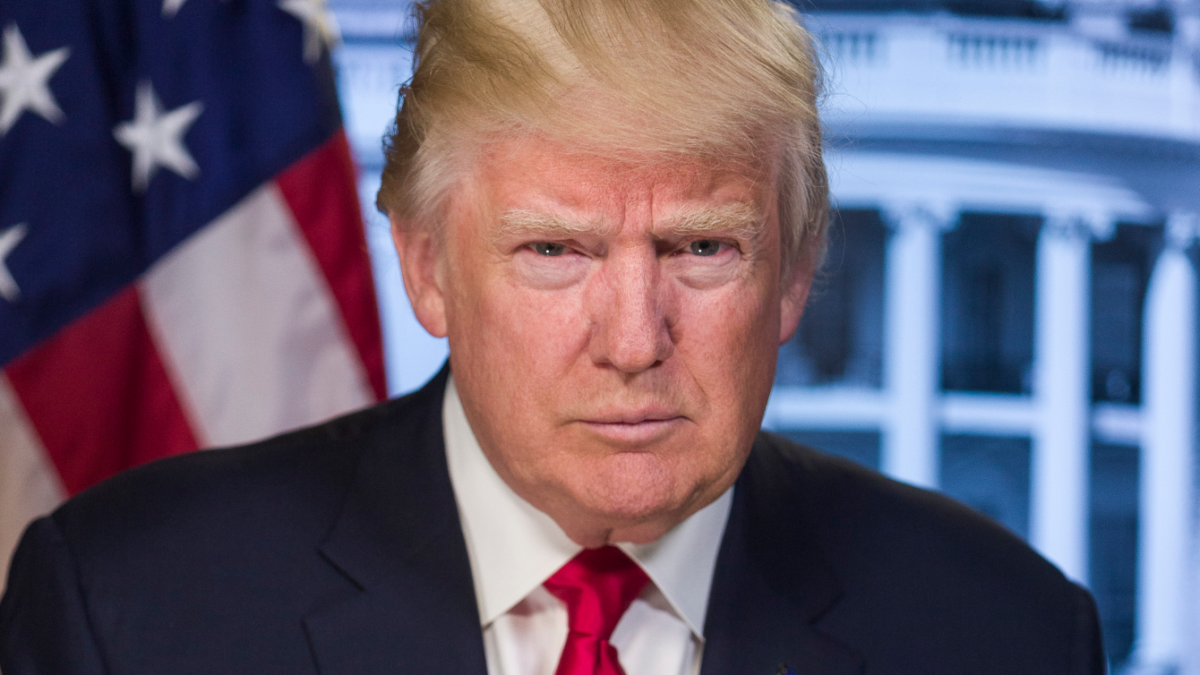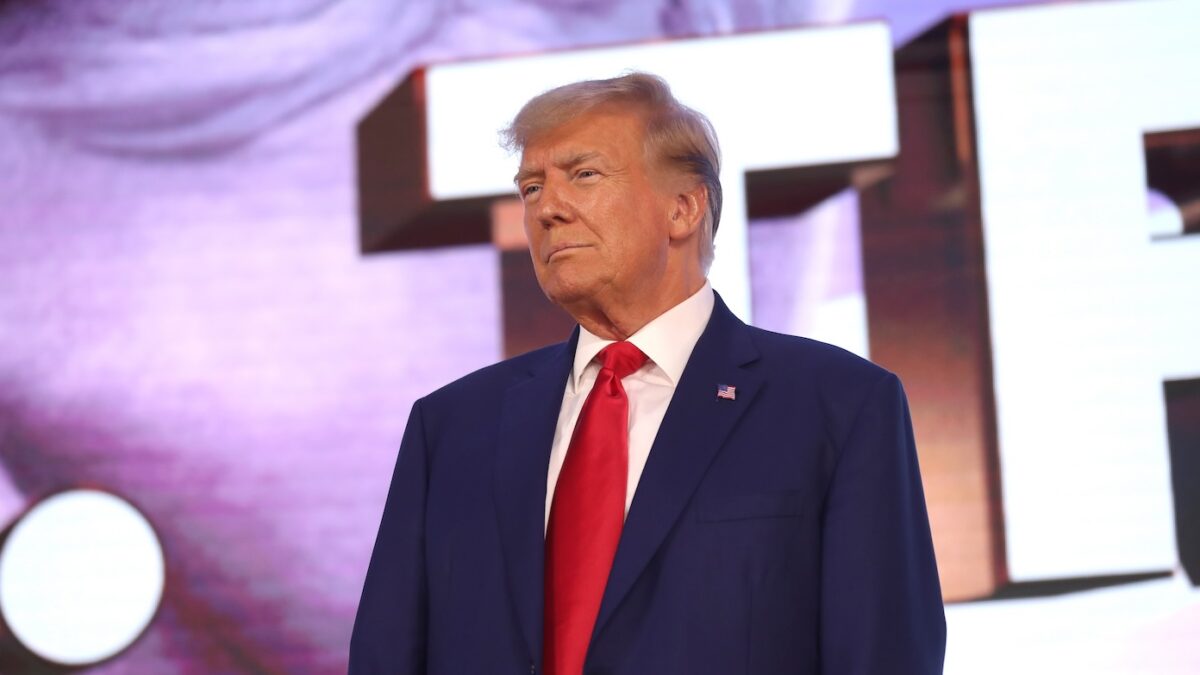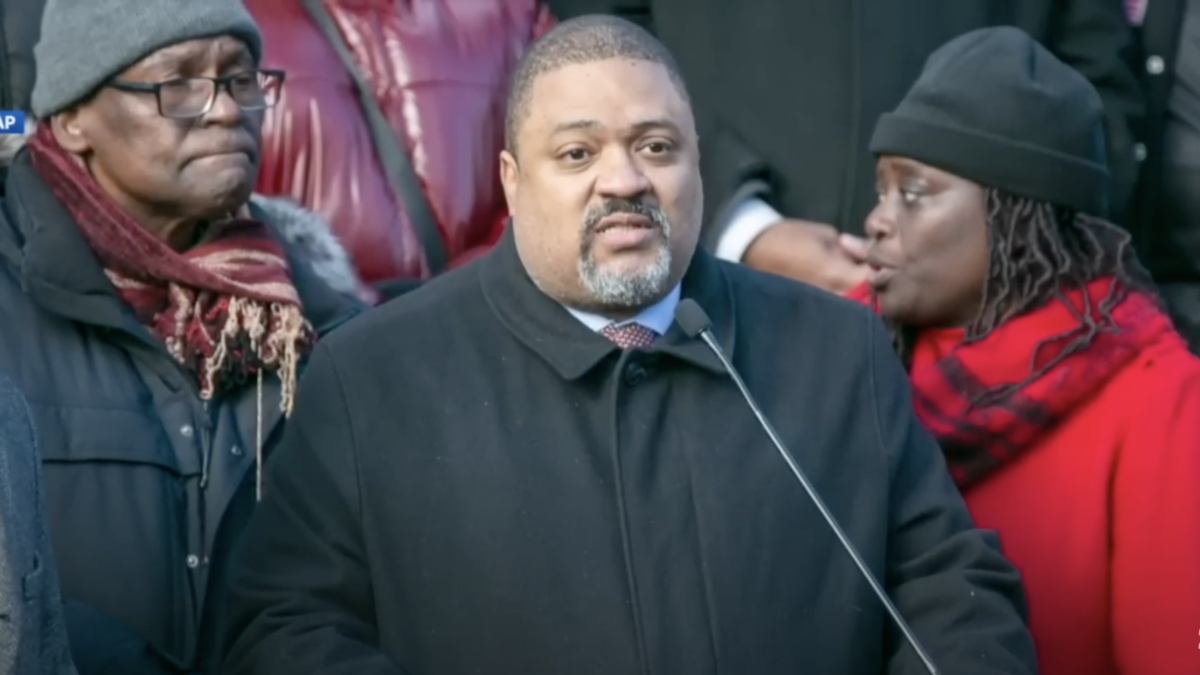It’s pretty clear at this point that Democrats’ main election strategy against Donald Trump has nothing to do with Joe Biden running a savvy political campaign. Instead, they’re attempting to defeat Trump with a series of obviously politically coordinated lawsuits and criminal charges, hoping this will both drain Trump’s resources and any resulting convictions would tarnish him in the eyes of voters. Suffice it to say, this strategy is not working out well for them — Biden hasn’t led in the polls in six months.
And while there’s a lot to be said about the dubious nature of the charges being brought against him, the point has been driven home by the recent decision by a New York appeals court to reduce Trump’s bond in his civil fraud trial from $454 million to $175 million. Or rather, the issue is what no one is saying about this case: It’s such complete bunk that no one among the legion of Trump’s critics in and out of the corporate media is even trying to defend this case on the merits.
To recap: Trump took out loans over several years, as real estate moguls are wont to do. For him to get approved for those loans, the banks did their own due diligence about Trump’s finances and ability to pay back the loans and decided to give them to him. Trump paid back the loans, and everyone made money.
However, the state of New York, where the current Attorney General Letitia James campaigned for office on the insane premise of convicting Trump without even saying what he was guilty of, combed through the paperwork of these loans and charged Trump with fraudulently inflating the value of his assets to get favorable loan terms. They did this in spite of the fact that no bank has accused Trump of wrongdoing.
The case was decided by a judge who is personally bizarre and professionally incompetent and adversarial. In a case where Trump was accused of inflating the value of his assets, in Judge Engoron’s ruling he concluded that Mar-a-Lago, Trump’s historic estate on 17 oceanfront acres in the heart of the most exclusive neighborhood in America, was worth between “$18 million and $27.6 million.” Even CNN was incredulous about Engoron’s low valuation of Trump’s assets: “Real estate insiders question how Trump fraud judge valued Mar-a-Lago.” For those who believe that Trump inflated the value of his assets to get a loan — this would not exactly make him a unique figure in the business world — Engoron’s judgment is still unreliable.
The ruling against Trump is, in the words of former federal prosecutor Andy McCarthy, “a fraud case in which there are no fraud victims.” McCarthy’s National Review colleague Dan McLaughlin, who has decades of experience litigating business fraud in New York, notes, “The idea that Trump caused half a billion in damages to his lenders doesn’t pass the straight face test. A tenuous-at-best theory of illegality should not be a springboard for draconian punishment.” (It should also be noted that though McCarthy and McLaughlin are on the right, neither man has much affinity for Trump.)
This case is so obviously politically motivated, and even America’s corrupt media are at a loss to defend this: “An Associated Press analysis of nearly 70 years of similar cases showed Trump’s case stands apart: It’s the only big business found that was threatened with a shutdown without a showing of obvious victims and major losses.”
For months now, I have been on the lookout for any notable journalist or pundit who is willing to write an actual defense of Engoron’s judgment against Trump. Outside of a handful of ill-considered tweets from the #resistance crowd, I haven’t seen anything substantive at all. While I pay attention to this stuff much more closely than most, I’m obviously not omniscient. So I went on X and asked if anyone had written anything substantive defending Engoron’s decision on the merits. (My question was almost immediately retweeted by Dilbert cartoonist and unorthodox political commentator Scott Adams, who has more than a million followers, giving it wide exposure.)
So far, the closest thing I’ve found was this column at the libertarian-ish legal blog The Volokh Conspiracy. Berkeley law professor Orin Kerr defends the ruling, taking a strict read on what the state was allowed to do here. However, even he is conflicted about whether the case should have been brought, admirably and transparently states his opinion is contingent on the fact he’s not an expert in New York law, and concludes, “So if the opinion is wrong, and gets reversed, I certainly don’t mind that.”
Well, Monday a New York appeals court did conclude that Engoron’s opinion was substantially wrong and reduced the bond Trump has to present from $454 million to $175 million. (Incredibly, New York law dictates Trump has to post this still obscene amount before he can further appeal the decision.)
In addition to reducing the size of Trump’s bond, the appeals court also threw out Engoron’s ruling barring Trump from serving as an officer or director of a New York company for three years and the order barring Donald Trump Jr. and Eric Trump from serving as officers and directors of New York companies for two years. The plan was clearly to slap Trump with an egregious fine while simultaneously hamstringing Trump’s business in ways that would make it harder to raise money to pay the penalty.
Even by the very low standards set by the other Trump charges, what’s happening here is appalling. Earlier this month, the Supreme Court ruled that Colorado may not bar Trump from the ballot under the 14th Amendment’s provision against insurrectionists. The fact that there was a riot at the Capitol on Jan. 6, 2021, does not mean we automatically get to presume it was a serious insurrection attempt, much less that Trump has been convicted in a court of law for any crime related to it.
From the beginning, this was a desperate and quixotic attempt to stop Trump from participating in a free election, as well as disenfranchise millions of voters. It was so bad it prompted a unanimous SCOTUS ruling. And yet, in the weeks and months leading up to SCOTUS’s ruling there were dozens of op-eds from ostensibly serious and high-profile commentators assuring us that the unilateral decision by Colorado’s secretary of state was sound constitutional law. Anti-Trump pundits such as David French and many others eagerly staked out a position on this case to the left of avowedly progressive Supreme Court Justices Kentanji Brown Jackson and Sonia Sotomayor.
As crazy as the Colorado case was, the reaction to it is an instructive comparison. In the Trump civil fraud case, we have an overtly partisan attorney general bringing charges and a solitary judge handing down a verdict so insane that even the regrettably prominent segment of America’s commentariat willing to abase itself at the drop of a hat to stop Cheeto Mussolini is looking at the facts of this case and deciding to steer clear of the blast zone.
While the appeals court’s rebuke of Engoron’s decision is strong confirmation the case is as bad as it seems, it was hardly Solomonic in its wisdom. The reality is that the man leading in the polls to be the next president is still being rung up by the opposition party with an outrageous fine that reeks of an Eighth Amendment violation on a case that never should have been brought. And we should probably throw in a Fifth Amendment due process violation while we’re at it, because the idea that Trump has to pay the state $175 million for the privilege of continuing to appeal in court is something I’m confident the reanimated corpse of James Madison would tell us is exactly the kind of injustice the Bill of Rights was trying to prevent, right before he dies a second time upon finding out about the existence of a federal income tax.
In the end, what’s really telling is that while the “country over party” crowd won’t defend this decision on the merits, they’re also not speaking out about the perversion of justice here. They’re content to let it happen to Trump even if it erodes the very norms and concerns about “rule of law” they insist Trump threatens as president.
Well, people are noticing that this isn’t a very principled position. And based on the polls, voters are coming to the entirely rational conclusion that Trump, for all his considerable flaws, is less of a threat than an establishment that will eagerly distort the law to subvert an election they’re afraid they can’t win on the merits.








